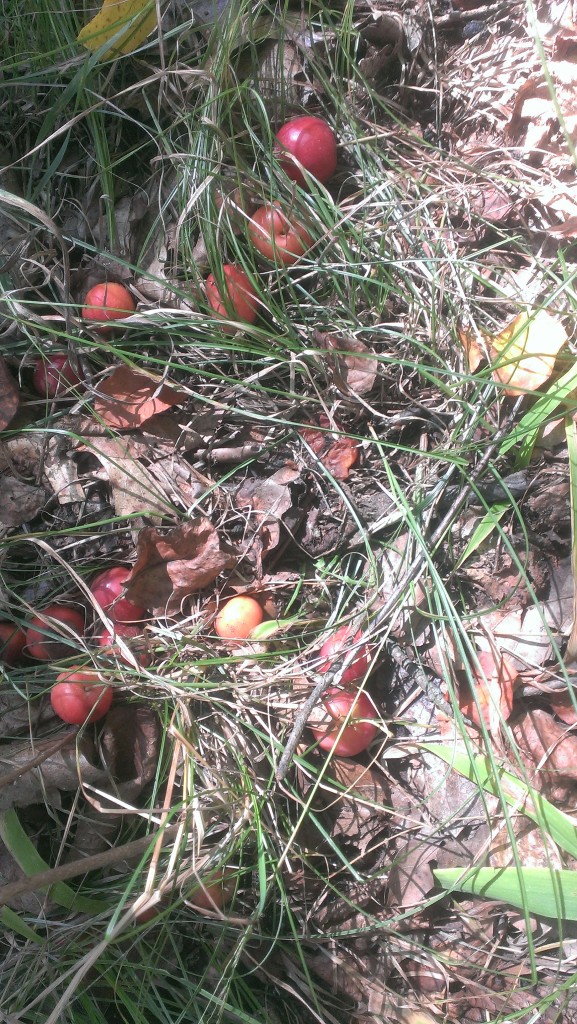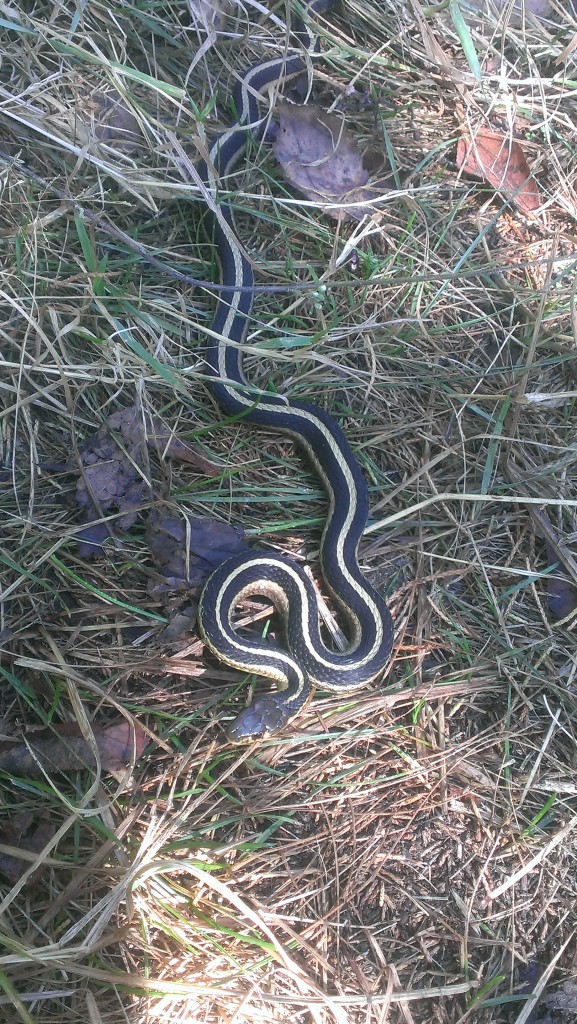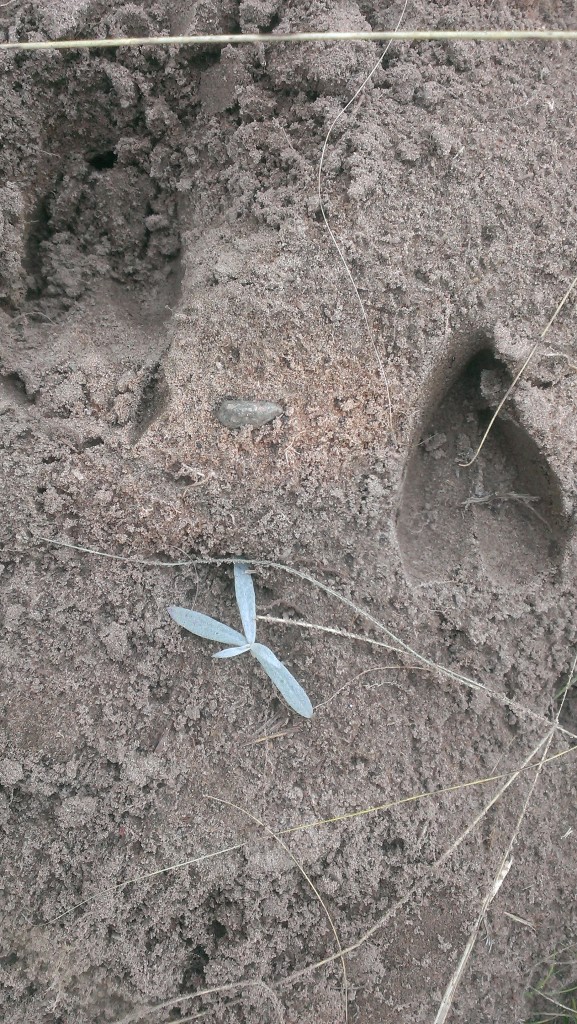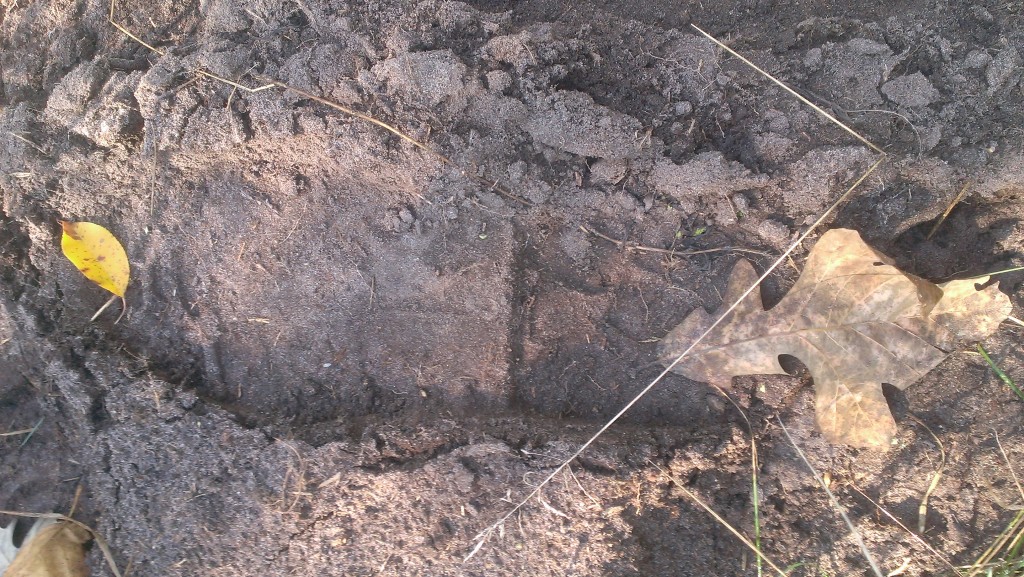Fall Samhain Moon
Last night I dreamed of a place where reality could be reconfigured only by imagining. Though I don’t remember many specifics, I do remember that at the close of the dream I wondered if the same process could put us in different historical eras, not just different places in current time.
This led, after waking, to a continuation of the dream space to the matter of the modern and post-modern, much on my mind these days thanks to the two MOOCs I’m taking. Having read Wittgenstein on language games from his Philosophical Investigations and his attendant critique of the really real as inaccessible at best since words do not hook onto reality, only other words (a paraphrase), somehow the Zocalo came to mind.
Kate and I visited Mexico City in the 1993. It impressed me then that at the very center of the Federal District, with the National Cathedral on one side and the National Palace on the other was a vast empty space, the zocalo. The idea of a country with a vast open square at the very heart of its national culture appealed and appeals to me.
Mexicans fill the zocalo often. On September 15th at 11 pm, the President comes out on a balcony of the National Palace and delivers a grito, a cry that remembers the “grito de Delores” or the cry of Mexican independence first heard in the small town of Delores. At other times the military parades through the zocalo. Recently it has been filled with striking teachers trying to turn back education reform. Each spring equinox Mexico’s ethnic groups, la raza, fill the zocalo with a celebration through which they assert their critical importance to the nation as a whole.
With Wittgenstein in the background and in particular his emphasis that meaning is use, that is, we learn the meaning of our language from the contexts in which we use it, the zocalo and God suddenly merged. God is the zocalo of Western religious life.
What do I mean? God is the empty square at the heart of Western religious and political culture. Over the course of two thousand years various groups from Judaism to Christianity to Muslims and many, many diverse splinters of all these groups have gathered in the square to give their grito. At the time they fill the square they occupy the center of the culture’s awareness. (Note: this is not at all, to the contrary in fact, a truth claim about what they say there.)
This same square also receives those who would fill it with alternative metaphysical or anti-metaphysical ideas. Nietzsche, God is dead. The square was empty and continues to be empty. Nature is god. The pantheists. Even those who would entertain the world of many gods, contemporary polytheists like Wiccans and Astruans, have to enter the God/zocalo to make their proclamations over against this central Western idea.
This means that God is, for the group occupying the God/zocalo, what they say God is. That is, the way they use the concept of God in the square is what God is to them. Use gives meaning. Context gives meaning.
How is this helpful? It helps me understand that faith, that word I’ve been trying to reimagine over the last couple of years, is not about a transcendental claim at all, but rather is a pledge to walk into the God/zocalo with a particular group and, while there, to abide by their understanding. Faith is an initiatory passage into culture, not a passageway to the really real. Said another way faith is agreement with claims about the really real made by a particular group when they inhabit the God/zocalo.
As long as you remain within that group, their language will be useful to you as a shared agreement about what spreads outward from the zocalo. In Mexico City it is Mexico and Mexicanness. In the Presbyterian occupation of the zocalo it is the presbyterian form of church government, John Calvin, local presbyteries and congregations, the Book of Order, ordination exams, elders, presbytery meetings, General Assemblies.







